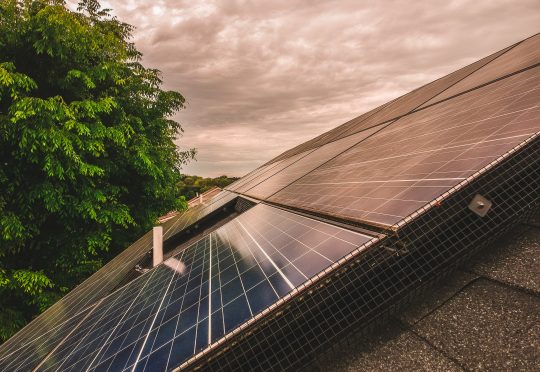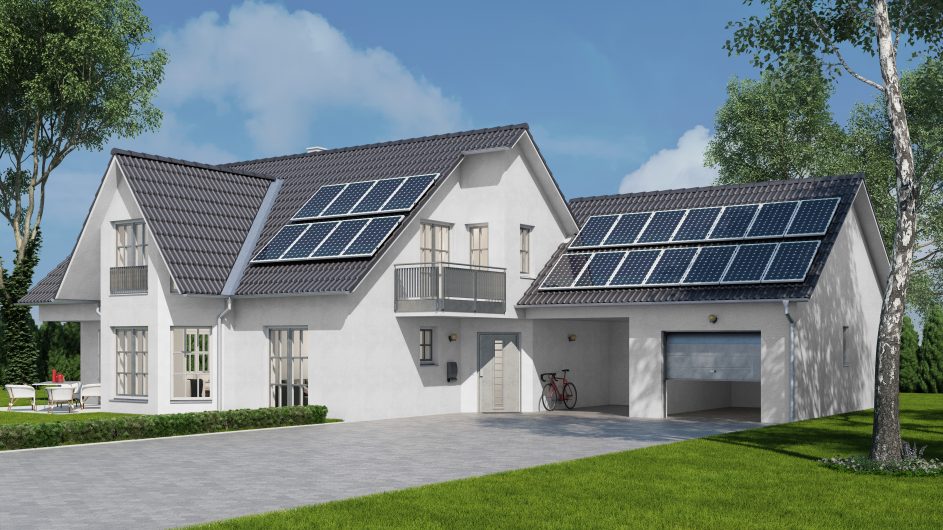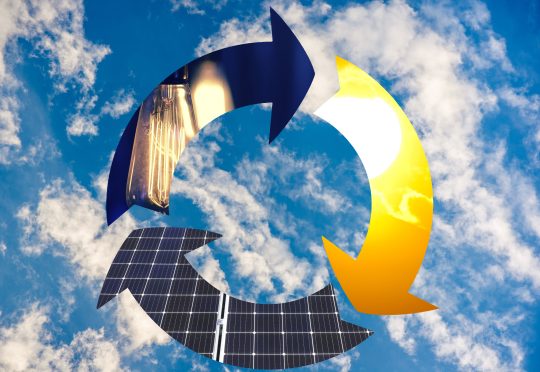
A Solar Power Purchase Agreement is an arrangement that allows businesses, homeowners, and other organizations to access the benefits of solar energy without the upfront costs and maintenance responsibilities of owning and operating their own solar system. In this article, we will delve deeper into the specifics of Solar PPAs, how they work, and their benefits.


